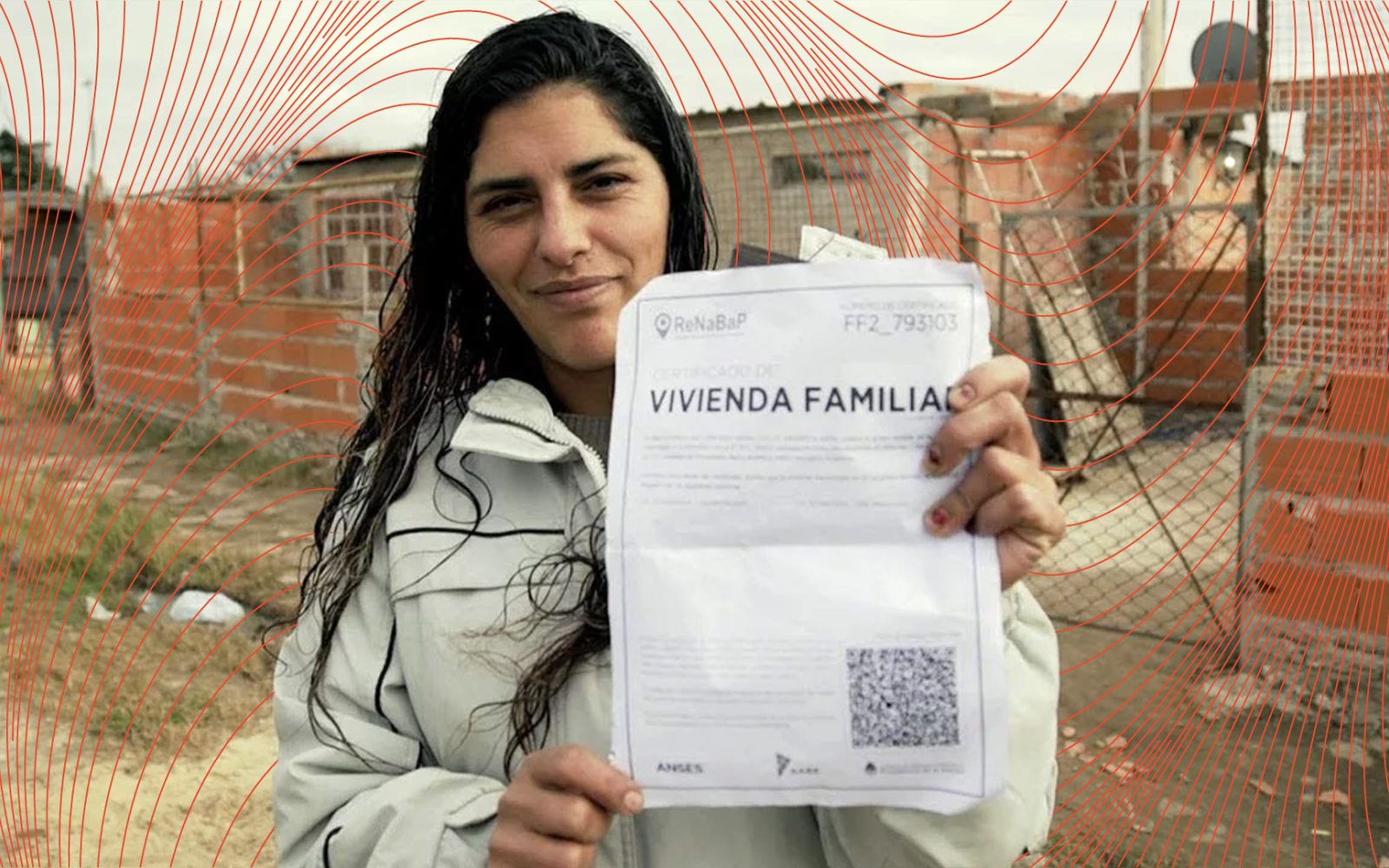Big tech with big heart: connecting social innovation with the world’s largest tech companies
Across Latin America, a small tech revolution is unfolding. Social entrepreneurs are harnessing the power of technology, particularly AI, to address social issues and empower communities. Yet, their efforts are often hindered by limited access to resources and expertise, especially in underrepresented languages, like Spanish, in the tech industry.
This is where the power of connecting these changemakers with each other, and most importantly, with large technology companies, comes into play.

